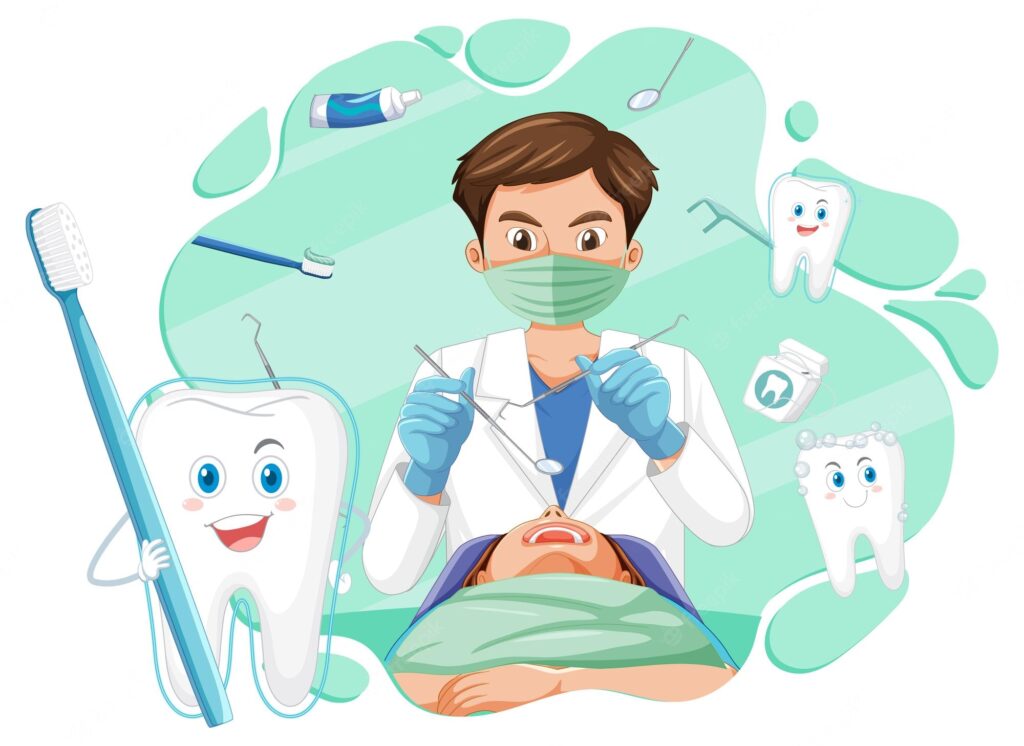CHAS health screenings are an important preventive measure in healthcare. They involve testing for potential health problems before symptoms develop. CHAS health screenings are available to Singaporeans and Permanent Residents who are eligible for the Community Health Assist Scheme (CHAS).
During a CHAS health screening, several tests may be conducted to assess your overall health and identify potential health problems. In this article, we will explore some of the common tests conducted during a CHAS health screening.
Blood Pressure Screening
Blood pressure screening is a common test conducted during a CHAS health screening. High blood pressure, or hypertension, is a common health problem that can increase the risk of heart disease, stroke, and other health problems.
During a blood pressure screening, a healthcare provider will use a blood pressure cuff to measure your blood pressure. If your blood pressure is high, your healthcare provider may recommend lifestyle changes or medications to help lower your blood pressure.
Cholesterol Screening
Cholesterol screening is another common test conducted during a CHAS health screening. High cholesterol levels can increase the risk of heart disease and stroke. During a cholesterol screening, a blood sample is taken to measure your cholesterol levels. If your cholesterol levels are high, your healthcare provider may recommend lifestyle changes or medications to help lower your cholesterol levels.
Blood Sugar Screening
Blood sugar screening is a test that measures your blood sugar levels. High blood sugar levels can be a sign of diabetes, a common health problem that can increase the risk of heart disease, kidney disease, and other health problems.
During a blood sugar screening, a blood sample is taken to measure your blood sugar levels. If your blood sugar levels are high, your healthcare provider may recommend lifestyle changes or medications to help manage your blood sugar levels.
Body Mass Index (BMI) Screening
Body mass index (BMI) screening is a test that measures your body fat based on your height and weight. BMI is a useful tool for assessing your overall health and identifying potential health problems.
During a BMI screening, your healthcare provider will measure your height and weight to calculate your BMI. If your BMI is high, your healthcare provider may recommend lifestyle changes or other interventions to help manage your weight and reduce your risk of health problems.
Vision Screening
Vision screening is a test that assesses your vision and identifies potential vision problems. Good vision is important for overall health and well-being, and vision problems can affect daily activities and quality of life.
During a vision screening, your healthcare provider may use a chart or other tools to assess your vision. If your vision is found to be impaired, your healthcare provider may recommend corrective measures, such as glasses or contact lenses.
Hearing Screening
Hearing screening is a test that assesses your hearing and identifies potential hearing problems. Good hearing is important for communication and overall quality of life. During a hearing screening, your healthcare provider may use a variety of tools, such as a tuning fork or audiometer, to assess your hearing.
If your hearing is found to be impaired, your healthcare provider may recommend corrective measures, such as hearing aids.
Cancer Screenings
Cancer screenings are tests that assess your risk for cancer and identify potential cancerous growths. There are several types of cancer screenings, including breast cancer screenings, cervical cancer screenings, and colorectal cancer screenings.
During a cancer screening, a healthcare provider may use a variety of tools, such as mammography, Pap tests, or colonoscopy, to assess your risk for cancer and identify potential cancerous growths. If a potential cancerous growth is identified, your healthcare provider may recommend further testing or treatment.

